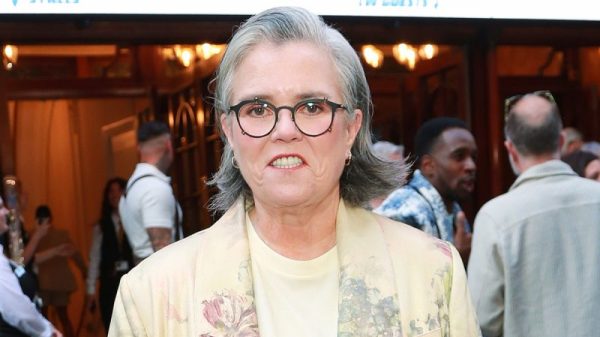South Korea’s fertility rate rose in 2024 for the first time in nine years, supported by an increase in marriages, preliminary data showed on Wednesday, in a sign that the country’s demographic crisis might have turned a corner.
The country’s fertility rate, the average number of babies a woman is expected to have during her reproductive life, stood at 0.75 in 2024, according to Statistics Korea.
In 2023, the birthrate fell for the eighth consecutive year to 0.72, the lowest in the world, from 1.24 in 2015, raising concerns over the economic shock to society from such a rapid pace.
Since 2018, South Korea has been the only member of the Organisation for Economic Co-Operation and Development (OECD) with a rate below 1.
South Korea has rolled out various measures to encourage young people to get married and have children, after now impeached President Yoon Suk Yeol declared a “national demographic crisis” and a plan to create a new ministry devoted to tackling low birth rates.
“There was a change in social value, with more positive views about marriage and childbirth,” Park Hyun-jung, an official at Statistics Korea, told a briefing, also citing the impact of a rise in the number of people in their early 30s and pandemic delays.
“It is difficult to measure how much each factor contributed to the rise in new births, but they themselves had an impact on each other too,” Park said.
Marriages, a leading indicator of new births, jumped 14.9% in 2024, the biggest spike since the data started being released in 1970. Marriages turned up for the first time in 11 years in 2023 with a 1.0% increase powered by a post-pandemic boost.
In the Asian country, there is a high correlation between marriages and births, with a time lag of one or two years, as marriage is often seen as a prerequisite to having children.
Across the country, the birthrate last year was the lowest in the capital, Seoul, at 0.58.
The latest data showed there were 120,000 more people who died last year than those who were newly born, marking the fifth consecutive year of the population naturally shrinking. The administrative city of Sejong was the only major centre where population grew.
South Korea’s population, which hit a peak of 51.83 million in 2020, is expected to shrink to 36.22 million by 2072, according to the latest projection by the statistics agency.






































